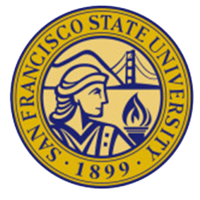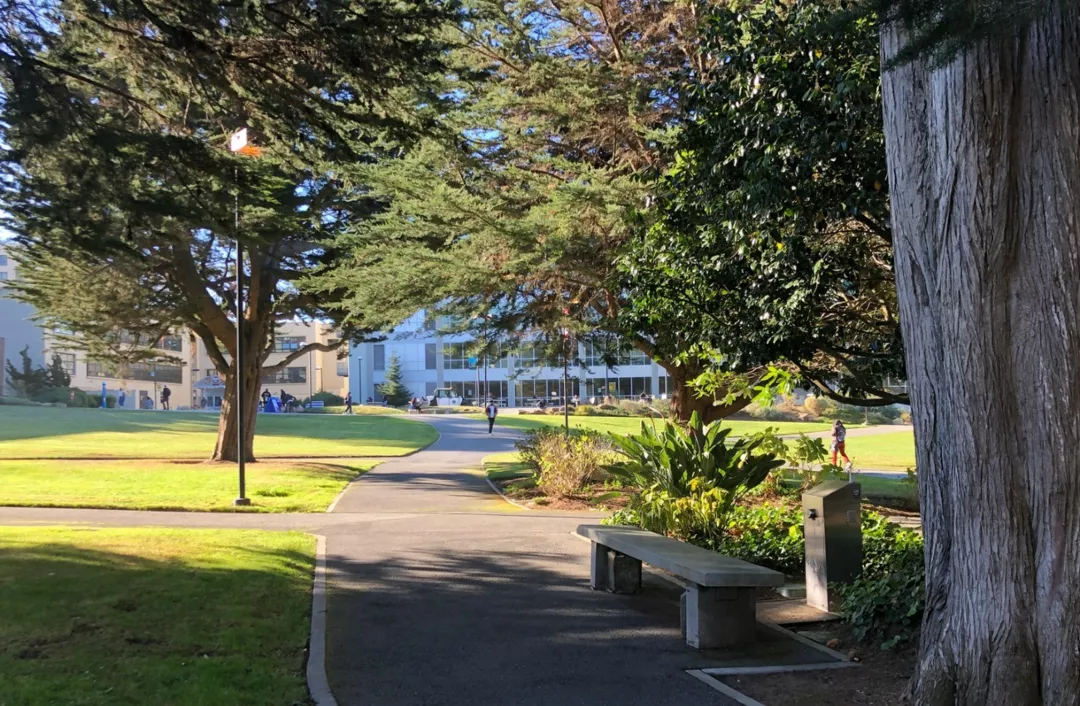-
hello@abroadcube.com
Mail us
-
Call For Help:
98779 83783
-
Whatsapp Us
70090 34921


The Master of Science in Statistical Data Science at San Francisco State offers a comprehensive curriculum in the fields of statistics and data science under the guidance of a faculty encompassing many different areas of research to prepare students with diverse backgrounds (including statistics, mathematics, computer science, engineering, and other quantitative fields) for the data science workforce.
The program curriculum emphasizes the following four aspects: First, students will train in depth in modern statistical and machine learning techniques in addition to classical statistics theory and applications. Second, they will learn and polish computational skills for various types of data sets including large-scale data ubiquitous in business, technology, and science. Third, these two aspects of the program are built on a solid foundation of statistics theory and understanding of mathematical principles behind techniques and algorithms. Finally, the program has built-in flexibility for different backgrounds and career plans through various electives.
After graduation, students are expected to seek employment as data scientists/analysts in the San Francisco Bay Area's technology, pharmaceutical, and financial industries.
| Level | Masters |
| Discipline | Sciences |
| Duration | 24 months |
| Intakes | Aug |
| Application Fees | USD 0 |
| Tuition Fees | USD 13512 |
| Campus | Main |
| Language proficiency (minimum) | |
| IELTS | 6.5 |
|---|---|
| TOEFL | 80 |
| PTE | 59 |
| Duolingo | 120 |
| Exam proficiency (minimum) | |
| SAT | Not Required / Waiver |
|---|---|
| ACT | Not Required / Waiver |
| GRE | Not Required / Waiver |
| GMAT | Not Required / Waiver |
Minimum GPA - 77%
QS Quacquarelli Symonds is the world’s leading provider of services, analytics, and insight to the global higher education sector, whose mission is to enable motivated people anywhere in the world to fulfil their potential through educational achievement, international mobility, and career development.
THE (Times Higher Education) has been providing trusted performance data on universities for students and their families, academics, university leaders, governments and industry, since 2004. We create university rankings to assess university performance on the global stage and to provide a resource for readers to understand the different missions and successes of higher education institutions.
The Academic Ranking of World Universities (ARWU) was first published in June 2003 by the Center for World-Class Universities (CWCU), Graduate School of Education (formerly the Institute of Higher Education) of Shanghai Jiao Tong University, China, and updated on an annual basis
The "Webometrics Ranking of World Universities" is an initiative of the Cybermetrics Lab, a research group belonging to the Consejo Superior de Investigaciones Científicas (CSIC), the largest public research body in Spain. CSIC is among the first basic research organizations in Europe. The CSIC consisted in 2006 of 126 centers and institutes distributed throughout Spain.


